Netherlands Proposes Ban of Gas & Diesel Vehicles by 2025
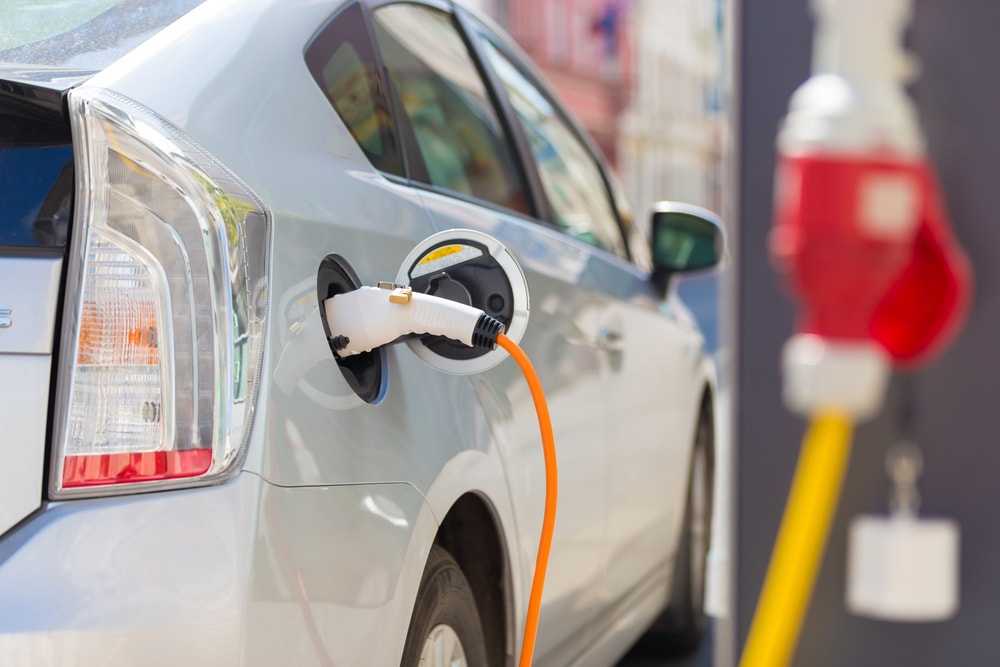
Fully-electric zero-emissions vehicles are still a tough sell to some people. Right now they are a growing market but still not the major juggernaut in the vehicle world just yet. However, that could be quickly changing thanks to many different factors. First off there are new laws regarding emissions in many parts of the world. There will soon be limits on gasoline vehicles. Another is that some governments actually offer incentives for owners of electric vehicles to bring down the cost of ownership down to those of gasoline cars, but the cars themselves sort of remain unpopular. At least in North America.
Conversely, in the Netherlands, fully-electric vehicles actually made up about 1.4 per cent of sales in 2013. That means purely in terms of a per capita level, the Netherlands has the second-most plug-in electric vehicles of any nation and behind only Norway. How do these counties do it? Electric vehicle owners are not only already eligible for a large number of tax breaks and cheap/free parking spots, but the government is looking to take it a step further with a proposition in place to speed up what they see as the inevitable shift to eco-friendly cars. What is the proposition? It seems the Dutch are set on banning all new gasoline and diesel-powered models starting in 2025. The politicians spearheading this proposition also want the Dutch government to make substantial investments in autonomous cars in the hopes of putting an end to the country’s notorious traffic jam problems.
Behind this proposed motion are Holland’s labor party, and it was approved by a majority of the Dutch parliament’s lower house, which is known as the “Tweede Kamer.” This proposal is to ban of all vehicles that aren’t emissions-free, and this would mean that a no automakers would be allowed to sell even the relatively efficient models like hybrids and plug-in hybrids. If all goes according to the planned proposal, then every new car sold new in Holland in a little less than 10 years from now will be powered either purely by electricity or by hydrogen fuel cells.
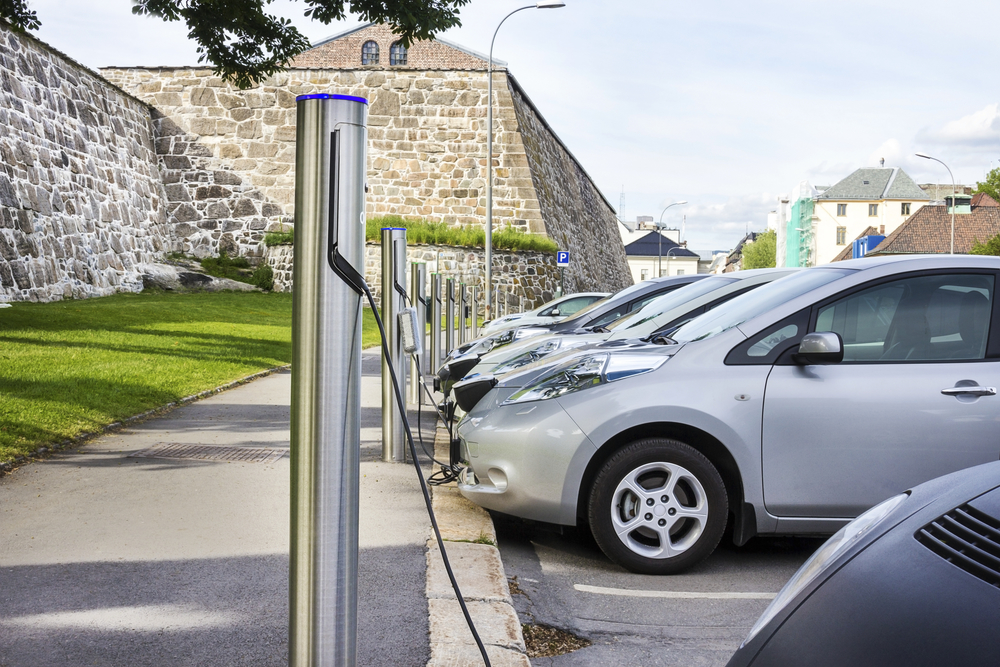
Now it seems that the investment in self-driving cars seems like a no-brainer, especially in light of the recent technological advancements, however this motion to ban the internal combustion engine outright once and for all has drawn its fair share criticism from across party lines in the country. The People’s Party for Freedom and Democracy (VDD) called motion “overambitious and unrealistic” and according to Henk Kamp, VDD’s minister of economic affairs, they believe that only about 15 percent of all new cars sold in the Netherlands in 2025 will be all-electric, and forcing the county and citizens to go beyond that point in such a short period of time will be incredibly difficult. Barbara Visser, one of VDD’s representatives in the Dutch parliament, put her thoughts on the matter in simple terms when she called the motion “the wishful thinking of a headless chicken.” (EV Obsession)
Even members of the party that proposed the notion have criticized it. In the Dutch newspaper De Volksrant it was reported that some party members are taking issue with the fact that they were not even made aware of such matters ahead of time and only learned of its existence on the news, while others have pointed out that banning gasoline and diesel-powered cars is a decision that risks alienating large groups of their voters.
Jan Vos, a representative in parliament, has responded to the backlash by pointing out that this motion is only a vision for an emissions-free future, and that it won’t be rushed into reality in the immediate future.
It remains to be seen if this is a viable proposal for any country to take to quell the supposed “addiction” to fossil fuels, but few politicians in any part of the world fully expect any motion to ban gasoline and diesel-powered cars will be passed into law currently.
More like this
-
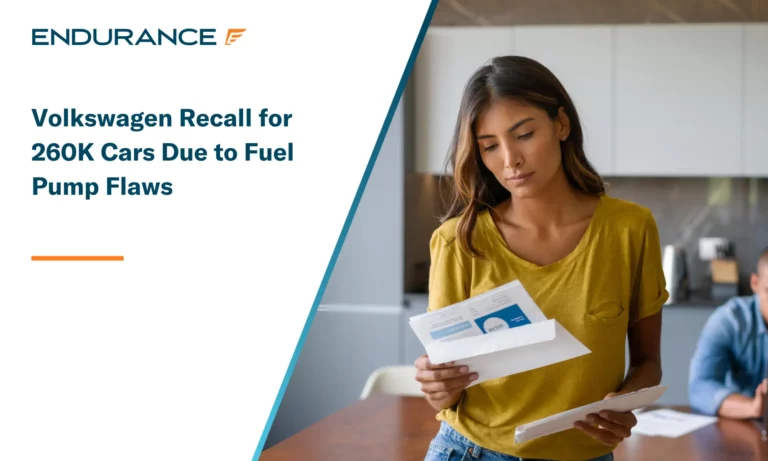 News
NewsVolkswagen Recall for 260K Cars Due to Fuel Pump Flaws
Read MoreVolkswagen, the automaker giant, has announced a recall for over 260,000 vehicles in the U.S. due to a potentially hazardous fuel pump defect. The action involves several popular VW and..
-
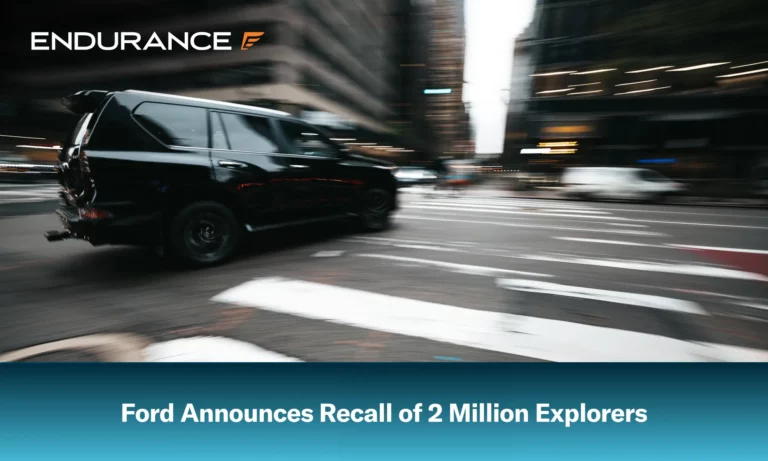 News
NewsFord Announces Recall of 2 Million Explorers Due to Trim Issue
Read MoreSome recent recall news from the Ford Motor Company has had some consumers raising their eyebrows. Specifically, a recall of two million Ford Explorer SUVs due to an underlying trim..
-
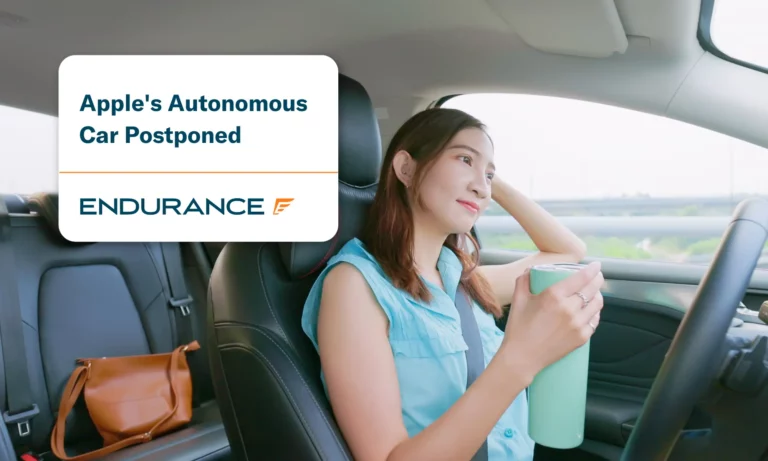 News
NewsApple’s Autonomous Car Postponed Until 2028
Read MoreApple is confronting delays that have pushed its secretive self-driving electric car launch to 2028 at the earliest, according to a new report from Bloomberg. The postponement highlights Apple's mounting..





Alex has worked in the automotive service industry for over 20 years. After graduating from one of the country’s top technical schools, he worked as a technician achieving a Master Technician certification. He also has experience as a service advisor and service manager. Read more about Alex.